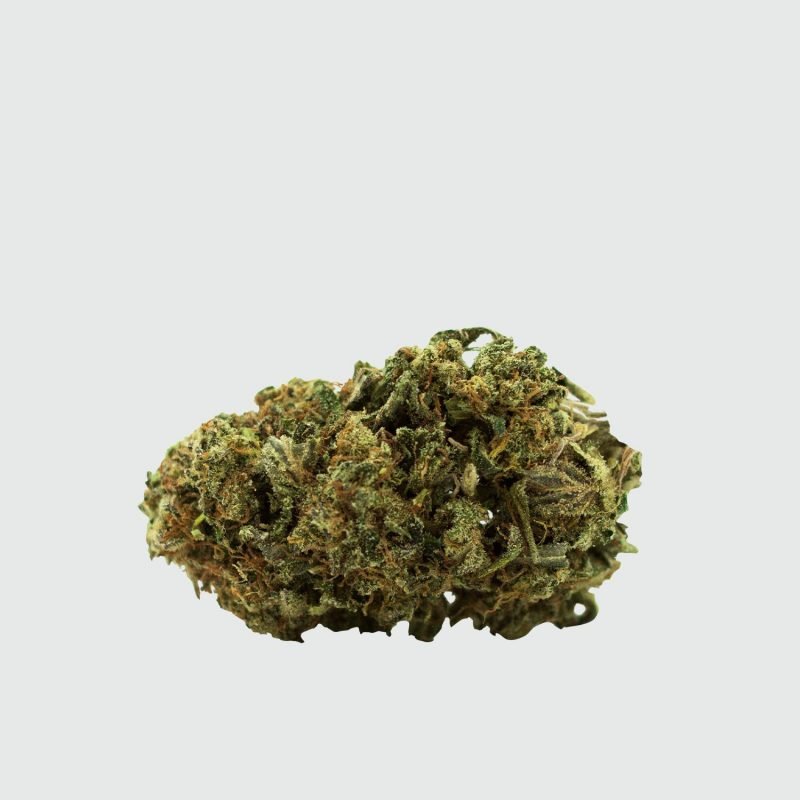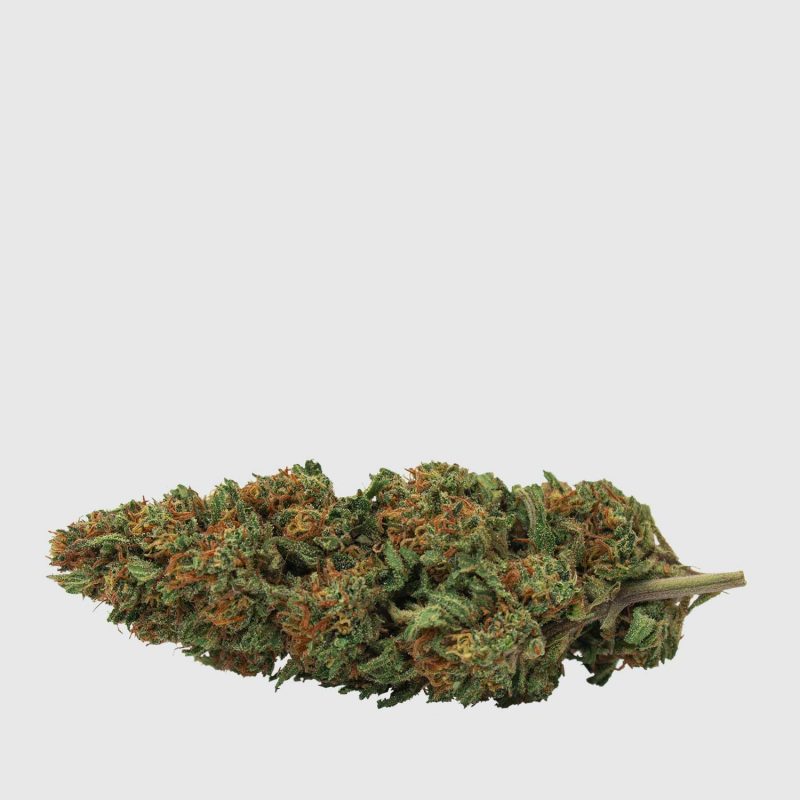Does a real Cannabis addiction exist? Chemical & psychological dependence?
Abuse and cannabis addiction: everyone talks about it, often inappropriately.
With the incipient wave of legalization obtained in different parts of the world, some questions are arising about cannabis and the implications of its consumption, especially for those who are not used to using it and have decided to investigate over the pros and cons of this substance.
In this article we will try to clarify the topic of cannabis addiction, whether it really exists or is a legend (dating back to times when the world had quite different views) and if so, what characterises this phenomenon?
You may also like:
A guide to CBD oil, how to dose it correctly?
Cannabis: a chemical dependence that was never proven
There are many studies that talk about cannabis addiction, most of them are definitely dated (let’s say that if they were people they would have been adults for quite a while) and appear to be judgy about cannabis even before drawing their conclusions. The fact is that, despite the desire to underline the negative effects of cannabis, the presence of a chemical reaction that causes addiction has not yet been scientifically demonstrated. And this is the first step to take into consideration: to this day there is no scientific evidence to shows that you can become physically addicted to cannabinoids (although many have tried to support this thesis). One of the most comprehensive scientific studies on the possible negative effects of cannabis was created in 1999 by the National Academy of Sciences and, despite being a bit old, analyzes each and every point of all the possible problems related to the abuse of cannabis and clearly states that ” the symptoms of marijuana and THC withdrawal are mild and not dangerous, not comparable with severe alcohol and opiate withdrawal symptoms. ”
However, we would like to point out that cannabis may be related to certain types of addictions that must in our opinion be mentioned when we talk about the negative aspects of marijuana use.
Cannabis: psychological dependence
If there is a real cannabis addiction that can also create withdrawal symptoms (of some type), it is a psychological addiction. There are no data that show the signs a physical addiction when a chronic consumer decides to stop using cannabis, but the link with this habit (if long-lasting over time) can develop a certain attachment to the substance and gesture in itself.
Like all substances that offer relief from anxiety and relax the body and mind, cannabis can also cause addiction, but we are talking about a subjective dependence mainly related to the personal well-being felt with cannabis use. Usually, when they stop using cannabis, avid consumers report nervousness and fatigue to fall asleep because the relief offered by the product doesn’t help them to relax anymore. Cannabis, rather than creating a real addiction, becomes a beneficial daily ritual quite difficult to interrupt. Those with severe anxiety or other problems of emotional stability could, therefore, develop a series of symptoms much more pronounced that resemble those of a real withdrawal. On the other hand, it is not easy for many people to manage the consumption of foods, drinks or pleasant behaviours in a moderate and balanced way. Whether it’s social media, coffee, high-calorie foods, alcohol … the momentary relief that our brain perceives when we do onw of those things can be something to cling to in an exaggerated way in dark times, up to abuse. In any case, compared to other non-prohibited psychoactive substances such as alcohol and nicotine, cannabis is less likely to influence a person’s life and quitting is usually much easier according to most studies.
Cannabis: secondary addiction
The habit of smoking cannabis exposes us to a more common and real type of addiction, that is the one from nicotine, a substance present in tobacco that induces a high level of addiction. The health problems associated with tobacco smoke are many and very serious, starting from respiratory diseases, such as chronic bronchitis, until the onset of epithelial changes (precursors of malignant neoplasms). Although it is known that the risk of developing pathological events associated with chronic use of tobacco is concrete, the addiction it induces often leads to neglect the danger. Certainly, smoking cannabis associated with tobacco can lead to a (potentially harmful) addiction to tobacco as it happens with cigarettes and this is what may be called a secondary addiction.


 Italiano
Italiano















